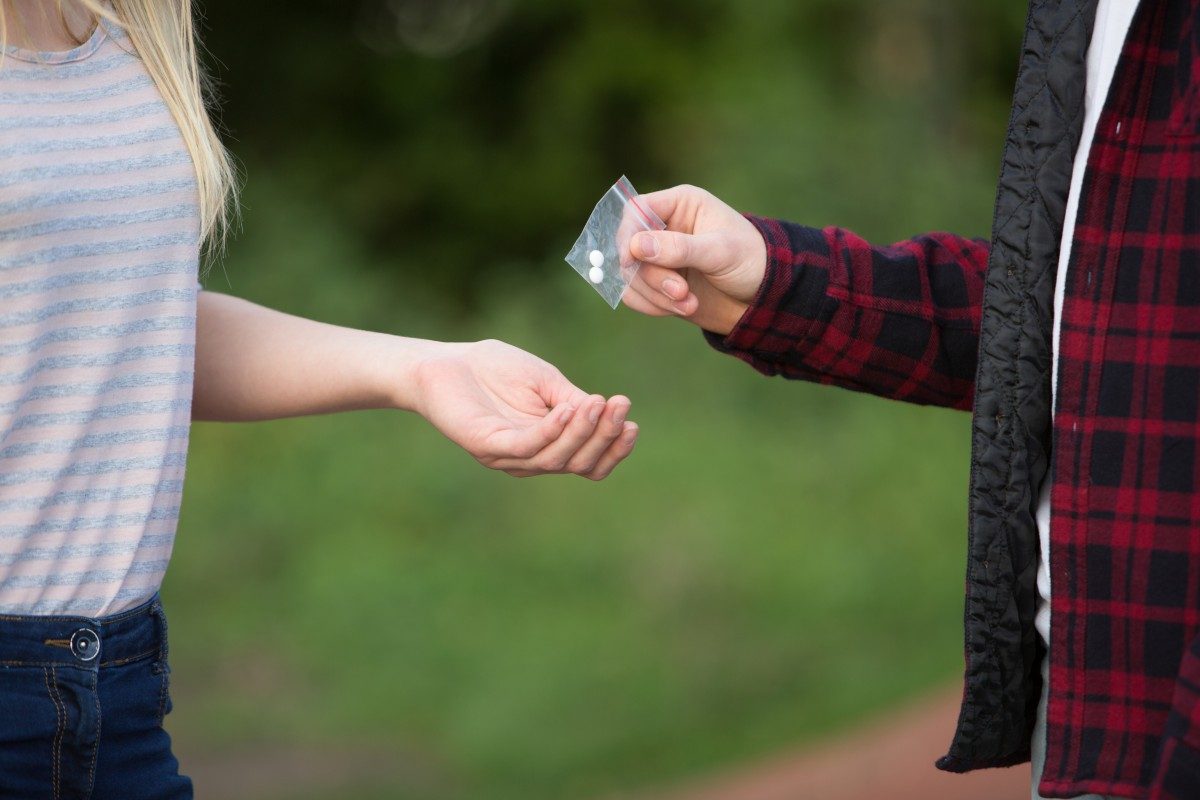
Pills image from iStock.
‘Keeping students safe should an emergency arise’: Naloxone kits available on campus
The University of Manitoba now has take-home naloxone kits available to students at risk of opioid overdose from drugs such as fentanyl.
“We provide these kits for the sole purpose of reducing harm and keeping students safe should an emergency arise. Studies support the distribution of naloxone kits, because they save lives,” says registered nurse and health & wellness educator Katie Kutryk.
The kits include three doses of naloxone, a medication which reverses the effects of opioids on the body, and also includes alcohol swabs, three syringes and a mask to use when breathing for a person.
Kutryk notes that avoiding taking fentanyl isn’t necessarily enough.
“There is a common misconception that only drug users who specifically use fentanyl are at risk of an opioid overdose causing harm or death,” says Kutryk. “The reality is that anyone who is taking an illegal substance such as cocaine, ecstasy or oxy pills are at risk for an opioid overdose. The reason being that these drugs can be cut or contaminated with fentanyl unbeknownst to the user.”
Any U of M student can receive a naloxone kit for free if they:
- use illicit opioid drugs, or;
- use any illegal drug with potential opioid adulterants (e.g., cocaine, crystal methamphetamine, illegally manufactured tablets or blotter drugs), or;
- take prescribed opioids greater than 20mg morphine equivalent / day, or; have the intention to or are likely to use illicit opioids in the near future.
If a student wants to receive a free kit, they need to make an appointment with Kutryk.
“The appointment is confidential, and non-judgemental and focuses on training the person how to properly use a kit as well as recognize and respond to an overdose,” she says. “I want students to know that I meet confidentially with students all the time for a variety of health related reasons, so no one will know why you are meeting with me. If students are interested, I can also discuss a variety of other resources available to them.”
The visit with Kutryk takes less than an hour.
Appointments can be booked by calling her directly at 204-295-9032 or sending an email to katie [dot] kutryk [at] umanitoba [dot] ca
She works with students to find convenient times that work with their schedule between the hours of 8:30 a.m. and 4:30 p.m.
“If they choose to do so, I encourage students to bring a support person with them to the appointment, especially someone who may be there if they overdose. This person will receive the training as well but will not be provided a kit,” she says.
Dr. Lori-Ann Lach, medical director of University Health Service, adds that students can alternately approach any of the staff at University Health Service and they can help facilitate the process. The office is located at 104 University Centre and is open Monday to Friday from 8:30 a.m. to 4:30 p.m. The number is 204-474-8411.
The Manitoba government is funding the kits. They are also available, without a prescription, at several pharmacies around Winnipeg and Manitoba.
“For those who are not students and are looking to obtain free naloxone kits, the Street Connections website offers an interactive map that shows other sites which offer free naloxone kits for eligible clients,” says Dr. Lach.
They are also available, without a prescription, at several pharmacies around Winnipeg and Manitoba. The College of Pharmacists of Manitoba has details on pharmacies that sell naloxone kits to those who do not meet the criteria for the free ones.
Further details on naloxone and fentanyl are available on the U of M’s Health and Wellness site.
Kutryk also has some vital advice if someone finds a person overdosing.
“The most important thing a person can do if they encounter someone who may be overdosing, regardless if there is a naloxone kit available at the time or not, is to always call 911 immediately and give breaths if the person is not breathing (use a mask if available),” says Kutryk.
“You will not be punished for helping, especially if someone’s life is at stake. In these situations, minutes – even seconds, count. It is crucial a person receives oxygen to the brain as quickly as possible, and anyone can provide that.”






